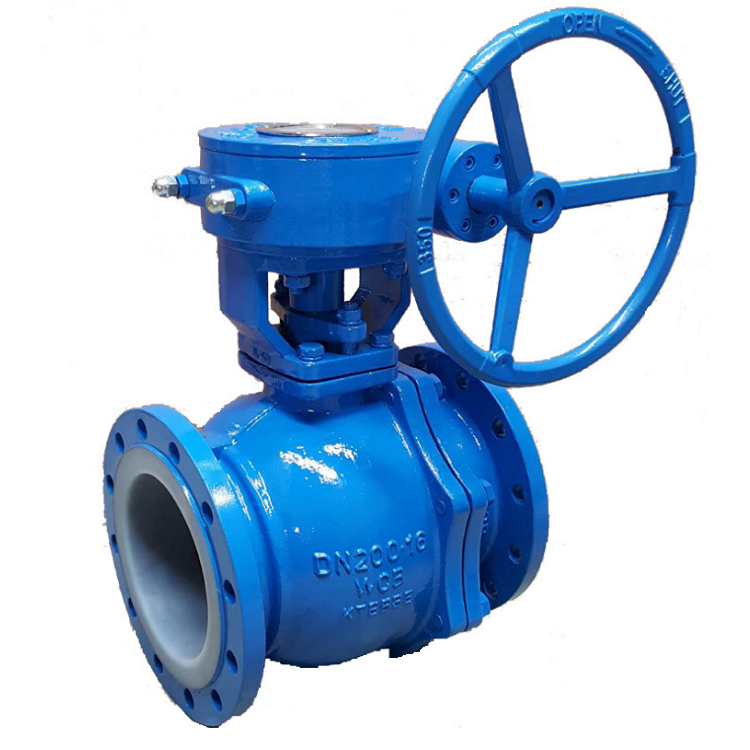stainless steel ball valve supplier
Choosing the Right Stainless Steel Ball Valve Supplier
When it comes to industrial applications, fluid control is a paramount concern, and stainless steel ball valves play a critical role in ensuring efficient and effective operation. These valves are known for their durability, reliability, and resistance to corrosion, making them a preferred choice across various industries, including oil and gas, water treatment, and food processing. However, the performance and longevity of these valves heavily depend on the quality of the supplier. In this article, we will delve into the key considerations when selecting a stainless steel ball valve supplier.
Quality and Compliance
First and foremost, the quality of the ball valves should be the primary focus when searching for a supplier. Quality assurance processes, industry certifications, and compliance with international standards (such as ANSI, API, or ISO standards) are crucial indicators of a supplier's credibility. Manufacturers that adhere to stringent quality control measures are more likely to deliver products that meet the necessary specifications and perform reliably in demanding conditions.
Product Range
A reputable stainless steel ball valve supplier should offer a wide range of products tailored to different applications. From simple two-way valves to more complex multi-port options, the diversity in their product lineup should cater to various operational needs. Furthermore, customization options are essential for industries with specific requirements, such as high-pressure settings or extreme temperatures. Suppliers that provide tailored solutions can help clients optimize their systems effectively.
Material Selection
The type of stainless steel used in ball valve manufacturing is another crucial factor. Common materials include 304 and 316 stainless steel, each with unique properties suited for different environments. For instance, 316 stainless steel offers superior resistance to chloride corrosion, making it ideal for marine or chemical processing applications. A reliable supplier should provide comprehensive information on their material offerings, assisting clients in making informed decisions based on their specific operational demands.
Technical Support and Expertise
stainless steel ball valve supplier

Having access to technical support can significantly enhance the overall customer experience. Suppliers that boast a knowledgeable team can provide valuable insights into product selection, installation processes, and maintenance requirements. This expertise is particularly critical in complex applications where the implications of using the wrong valve could lead to costly downtime or safety hazards. Look for suppliers who not only sell products but also act as consultants, guiding you through every step of the process.
Logistics and Delivery
In many industries, timely delivery is essential. A reliable stainless steel ball valve supplier should have an efficient logistics system in place to ensure that products reach clients promptly. Delayed deliveries can disrupt operations and lead to financial losses. Additionally, assess the supplier’s inventory levels to ensure that they can meet both regular and urgent demand without excessive lead times.
Competitive Pricing
While quality should never be compromised, it is also important to consider the pricing structure offered by potential suppliers. Conduct market research to compare prices while keeping in mind that the cheapest option may not always be the best. Look for suppliers that provide good value for money, considering factors such as product quality, service, warranty, and after-sales support.
Reputation and References
Finally, take the time to research the supplier's reputation in the industry. Client testimonials, case studies, and references can provide insight into the experiences of other customers. A supplier with a solid track record of customer satisfaction and positive feedback is more likely to be a trustworthy partner.
In conclusion, selecting the right stainless steel ball valve supplier is a critical decision that can significantly impact your operations. By considering factors such as quality, product range, expertise, logistics, pricing, and reputation, companies can find a reliable supplier that meets their specific needs and ensures the smooth functioning of their fluid control systems. With the right partner, organizations can achieve greater efficiency and enhance their productivity.
-
The Key to Fluid Control: Exploring the Advantages of Ball Valves in Industrial SystemsNewsJul.09,2025
-
The Versatile World of 1, 2, and 3 Piece Ball ValvesNewsJul.09,2025
-
Stainless Steel Ball Valves: The Ideal Choice for Efficient Flow ControlNewsJul.09,2025
-
Optimizing Fluid Control with Ball Float ValvesNewsJul.09,2025
-
Manual Gate Valves: Essential for Control and EfficiencyNewsJul.09,2025
-
Everything You Need to Know About Butterfly ValvesNewsJul.09,2025
-
The Versatility of Wafer Type Butterfly ValvesNewsJul.08,2025




